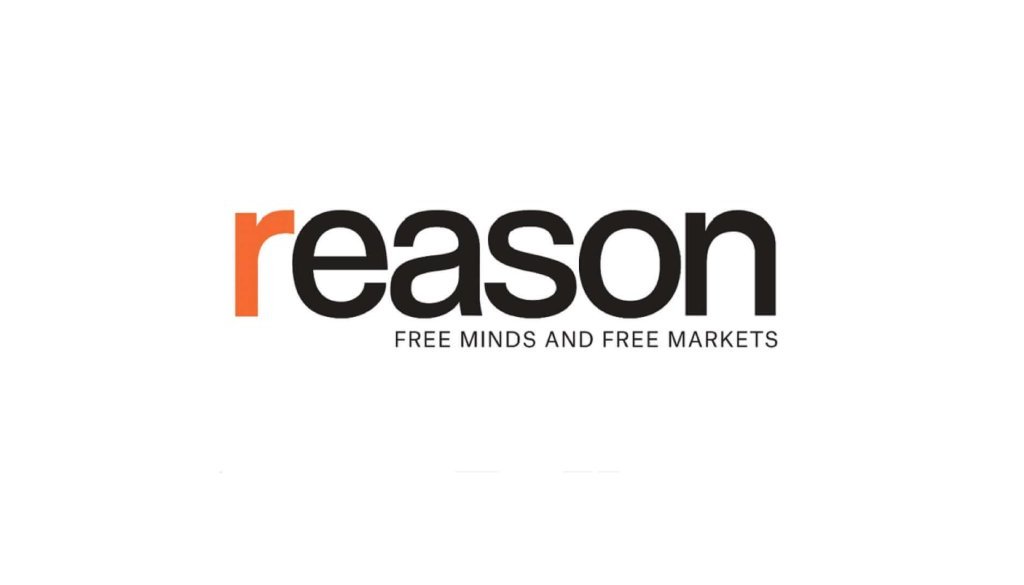School Choice Could Fix the Conflicts That Led to the Supreme Court’s Mahmoud Decision
One of the final cases the U.S. Supreme Court decided at the end of its term last week was Mahmoud v. Taylor, in which a majority recognized the right of parents to opt out of lessons contrary to families’ religious beliefs. In some circles, the decision is being portrayed as a setback for the treatment of gays, lesbians, and the differently gendered, since they were the focus of the books that the victorious plaintiffs objected to. That gets it all wrong. This case is really about the right of families to guide their children’s education and the difficulty of doing that in the rigid confines of one-size-fits-some government schools.
When Lessons Clash With Religious Beliefs
Mahmoud v. Taylor revolves around the inclusion by Montgomery County, Maryland, public schools of books in which LGBTQ+ characters are the focus and their sexuality and conduct of their lives are presented in a positive manner. Initially, families with religious objections to the material were allowed to opt their children out of reading and discussing the books. Within a year, the schools rescinded the policy, arguing that too many families were opting out, imposing a burden on the system. Even so, the school continued to allow other opt-outs—including from sex education—that involved noncurricular activities or were mandated by state law.
A group of parents of several faiths, backed by the Becket Fund for Religious Liberty, filed suit.
Writing for the Supreme Court’s majority, Justice Samuel Alito summarized the long list of Supreme Court cases that recognize parents’ right to guide their children’s education in matters of conscience and religion. That includes the right to reject public schooling recognized in Pierce v. Society of Sisters; the right to refuse to salute the flag, acknowledged in West Virginia Board of Education v. Barnette; and Wisconsin v. Yoder, which recognized the right of Amish families to discontinue their children’s education after eighth grade because “the values and programs of
Article from Reason.com

The Reason Magazine website is a go-to destination for libertarians seeking cogent analysis, investigative reporting, and thought-provoking commentary. Championing the principles of individual freedom, limited government, and free markets, the site offers a diverse range of articles, videos, and podcasts that challenge conventional wisdom and advocate for libertarian solutions. Whether you’re interested in politics, culture, or technology, Reason provides a unique lens that prioritizes liberty and rational discourse. It’s an essential resource for those who value critical thinking and nuanced debate in the pursuit of a freer society.




